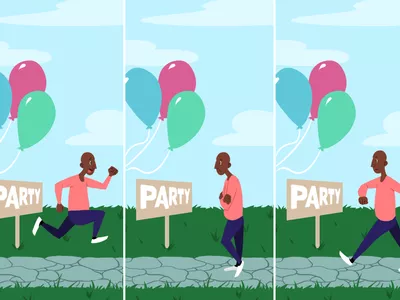Why Most People Lie to Their Therapist (And Why You Should Tell the Truth)
In the journey toward self-improvement, therapy stands as a crucial tool. Yet, it’s surprising how many of us hesitate to be fully transparent with our therapists. It’s time to unravel the truth behind why we lie to our therapists and how we can break free from this cycle.
Why Do People Lie to Their Therapists?
- Self-Preservation: Sometimes, we find ourselves in therapy not entirely by choice but due to external pressures. Whether it’s a court mandate or a partner’s insistence, the fear of repercussions can lead us to withhold certain truths to maintain the status quo.
- Avoiding Uncomfortable Emotions: Therapy often delves into sensitive topics, dredging up painful memories or confronting challenging aspects of ourselves. Understandably, facing these uncomfortable emotions head-on can be daunting, prompting us to skirt around certain issues.
- Desire for Approval: Like in any relationship, we crave acceptance from our therapists. The fear of judgment or rejection may drive us to present a curated version of ourselves, avoiding admissions of mistakes or flaws.
- Protecting the Therapist: Paradoxically, some may lie out of concern for their therapist’s feelings. Avoiding confrontation or sugarcoating progress can stem from a desire to shield the therapist from discomfort.
How Can We Overcome the Urge to Lie?
- Reflect on Your Patterns: Take a moment to assess how your behavior in therapy mirrors your interactions outside the therapist’s office. Are you conflict-averse? Do you prioritize pleasing others over authenticity? Recognizing these patterns is the first step toward change.
- Embrace Vulnerability: Despite the discomfort, embracing vulnerability in therapy can lead to profound growth. Remember, your therapist is there to support you, even in your most raw and honest moments.
- Practice Radical Honesty: Challenge yourself to be brutally honest in therapy sessions. Acknowledge your mistakes, confront your fears, and express your true emotions without filter. You might be surprised by the freedom and healing that comes from unburdening yourself.
Conclusion:
Therapy is a journey of self-discovery and healing, but it can only be truly effective when built on a foundation of honesty. By understanding the reasons behind our inclination to lie and actively working to overcome it, we pave the way for genuine growth and transformation.
FAQ:
1. Is it common to lie to your therapist?
Yes, studies have shown that a significant majority of individuals have admitted to lying to their therapists at least once. This tendency often stems from a variety of underlying reasons, but it’s important to recognize that therapy is most beneficial when built on a bedrock of honesty.
2. Will my therapist judge me if I tell the truth about certain things?
A good therapist creates a safe and nonjudgmental space for clients to explore their thoughts and emotions. While it’s natural to fear judgment, therapists are trained to approach their clients with empathy and understanding, regardless of the revelations made during sessions.
3. What if I find it too difficult to be honest in therapy?
Opening up in therapy can be challenging, especially when facing deeply ingrained patterns or painful experiences. If you’re struggling to be honest, consider discussing your hesitations with your therapist. Together, you can work through these barriers and foster a more authentic therapeutic relationship






